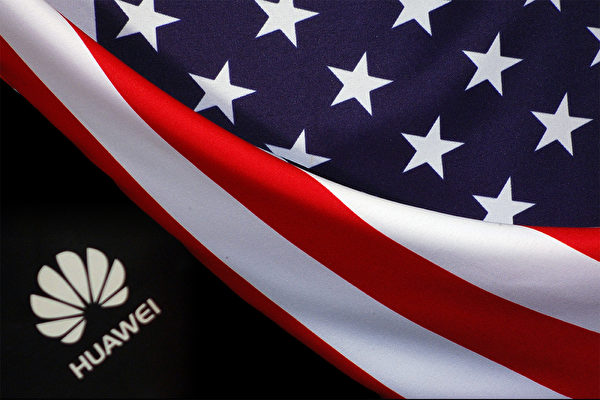In recent months, officials from the U.S. Department of Commerce have been pressuring chip equipment manufacturers and suppliers to stop selling products to Huawei and Chinese companies manufacturing chips for Huawei. According to sources involved in Huawei’s supply chain who spoke to The Information website, Huawei has faced obstacles in recent weeks, making it difficult to increase the production of its Ascend AI server chips.
In an effort to prevent the Chinese military from accessing advanced chips, the U.S. has prohibited Nvidia from selling A100 and more powerful H100 chips in China. Chinese companies have turned to purchasing less powerful Nvidia chips or exploiting loopholes to obtain chips from the U.S. The Huawei chip is considered a substitute for Nvidia’s A100 chip.
The Information reported on June 25 that delays in Huawei’s Ascend 910B chip could pose problems for Chinese AI developers such as Tencent, Baidu, ByteDance, and Alibaba, who planned to use Huawei chips to reduce their reliance on Nvidia.
Huawei’s cutting-edge chip technology lags three to four years behind Apple and Qualcomm. As global competition in artificial intelligence heats up, the Chinese government and domestic tech industry have been hoping Huawei’s chip division could help the country reduce its dependence on Nvidia. Reports have indicated that ByteDance and other Chinese companies have purchased thousands of Ascend 910B chips and have been relying on Huawei to produce more chips.
In 2019, the U.S. placed Huawei on a trade blacklist, restricting most U.S. suppliers from exporting goods and technology to Huawei. Bloomberg reported on March 7 this year, citing sources, that Huawei and SMIC utilized American technology to produce advanced chips in China in 2023. Last summer, Huawei unexpectedly launched a smartphone with an advanced processing chip, surprising U.S. officials; on April 11 this year, Huawei introduced a laptop equipped with an Intel artificial intelligence chip, again raising concerns among Republican lawmakers in the U.S. Congress.
On May 7, the U.S. Department of Commerce announced it had revoked some export licenses that allowed U.S. companies to supply chips to Huawei.
“The continuous threat Huawei poses to our national security,” a spokesperson for the U.S. Department of Commerce stated in a statement, “We continue to focus on tracking down any attempts to evade or circumvent our controls (sanctions).”
Spokespersons for Huawei and its main chip manufacturer SMIC did not respond to The Information’s request for comment.
The U.S., Japan, and the Netherlands have banned the sale of advanced chip manufacturing equipment and components to Chinese companies. However, Huawei and SMIC (also blacklisted by the U.S.) have been purchasing components from manufacturers in countries like South Korea and Germany where such sales are not prohibited.
Before the U.S. ban was implemented, SMIC had purchased and stockpiled some chip manufacturing equipment from the U.S. While these machines are less efficient than those from TSMC and Intel, they are still able to produce some advanced chips.
Issues with the Ascend 910B have surfaced in recent weeks. Using chip manufacturing equipment designed for older-generation chips for manufacturing more advanced chips like the Ascend 910B can cause components to deteriorate more quickly. Individuals who have used these machines stated that companies have a harder time predicting how many new parts will need to be replaced. The Ascend 910B relies on 7nm wafer technology, while Nvidia’s H100 is manufactured using 4nm technology, leading by a generation or more.
These sources indicated that Huawei and SMIC eventually realized they did not have enough components to increase chip production, making it difficult for Huawei to continue small-scale chip production and failing to produce subsequent chips planned after the 910B.
Chris Miller, author of “The Chip War” and a professor at Tufts University, commented that expecting the U.S. export controls to be foolproof is unrealistic, as chips are small in size and smuggling them is not difficult.

